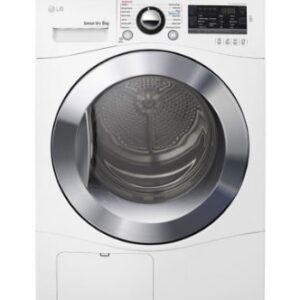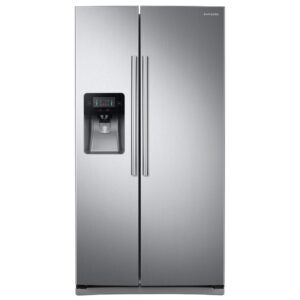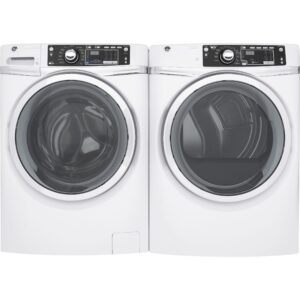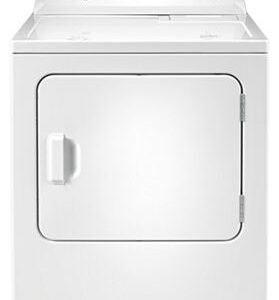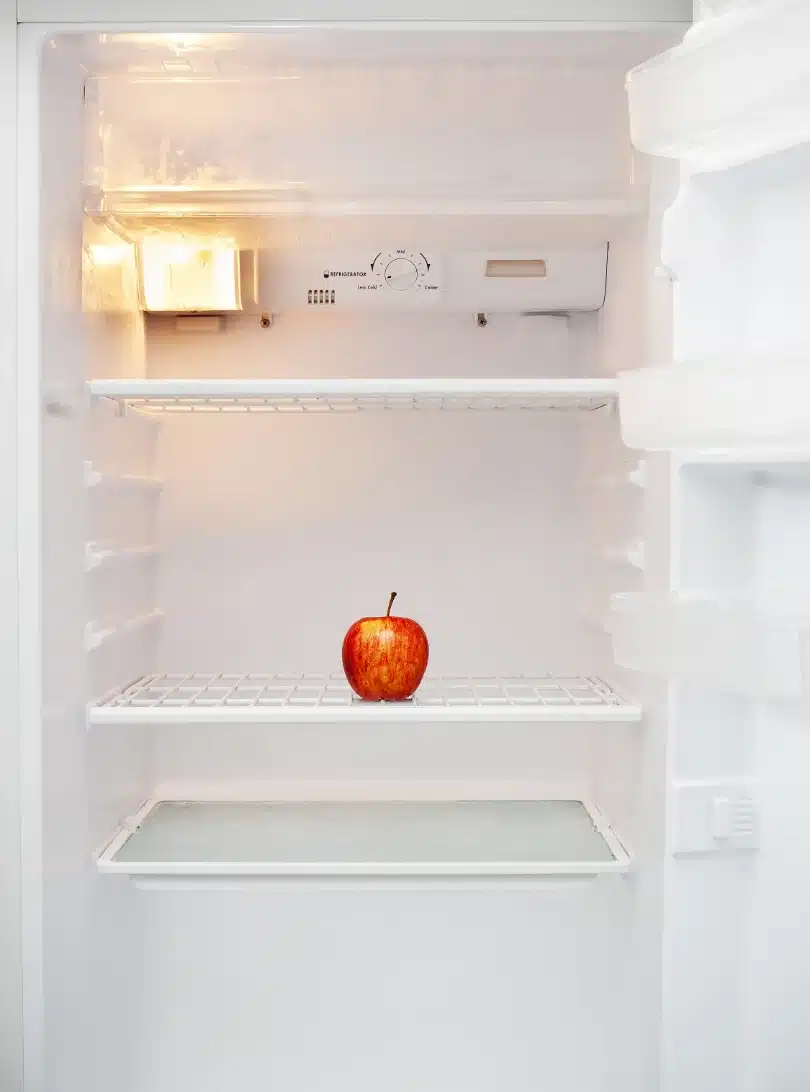Refrigerators are the unsung heroes of our modern kitchens, silently preserving the freshness of our food day in and day out. But like any hardworking appliance, they have a finite lifespan. As a homeowner or renter, understanding the average lifespan of refrigerator is crucial for planning your appliance budget and avoiding unexpected breakdowns. In this comprehensive guide, we’ll explore how long do refrigerators last, signs refrigerator is dying, and strategies to extend its longevity. We’ll also cover the lifespans of other common kitchen appliances like stoves and microwaves, including how long do stoves last, how long do electric stoves last, how long do gas stoves last, average life of a microwave oven, how long should an electric range last, how long do ranges last, average life of a microwave, how long should an electric oven last, how long does an electric stove last, life span of microwave, how long does stove last, and how long does a range last.
Understanding the Average Refrigerator Lifespan
Refrigerators are designed to be durable, long-lasting appliances, but their actual useful life of refrigerator can vary significantly depending on several factors. According to the U.S. Department of Energy, the average life span of a refrigerator lasts approximately 12 years, with a range of 10 to 20 years being common. However, this is just a general guideline, and the true refrigerator age and lifespan of your fridge can be influenced by:
1. Refrigerator Types and Quality
- Standard top-freezer, bottom-freezer, or side-by-side refrigerators typically have a lifespan of 10 to 15 years, while high-end, built-in refrigerators can last up to 20 years with proper care.
- Compact and mini-fridges often have a shorter lifespan of 4 to 12 years, depending on usage and appliance maintenance.
2. Usage and Maintenance Habits
- Refrigerators that are opened and closed frequently, or those that are overloaded, will generally have a shorter lifespan than those used more moderately.
- Regular cleaning of the coils, door seal or gasket, and interior can significantly extend a refrigerator’s operational life and prevent food spoilage.
3. Environmental Factors
- Refrigerators located in hot, humid, or dusty environments may wear out faster due to the increased strain on the refrigerator motor and cooling system.
- Proper ventilation and air circulation around the appliance can also impact its longevity.
Warning Signs That Your Refrigerator is Nearing the End
As your refrigerator ages, it’s important to be vigilant for signs that it may be time for a replacement. Keep an eye out for these common indicators that your fridge is on its last legs:
1. Increased Energy Usage and Electric Bills
- If your energy bills have been steadily rising, even without changes in your household, it could be a sign that your refrigerator is working harder to maintain the desired temperature. Upgrading to an energy-efficient refrigerator with ENERGY STAR certification can help reduce lifetime energy cost.
2. Frequent Repairs
- If you find yourself calling for refrigerator repair services more often, it may be a sign that the appliance is reaching the end of its lifespan. Consider the repair vs replace cost tradeoffs.
- Repeated issues with the compressor, cooling system, or other major components can signal that replacement is the more cost-effective purchase option, especially if it is past its warranty status.
3. Inconsistent Temperature Regulation
- Fluctuations in the internal temperature of your refrigerator or freezer compartment, leading to food spoilage, can indicate a problem with the cooling mechanisms.
- Excessive frost buildup or condensation on the interior walls are also red flags.
4. Unusual Noises or Vibrations
- While some level of noise is normal for a running refrigerator, unusual or persistent sounds like grinding, clicking, or humming may signify a mechanical issue.
- Excessive vibrations can also be a sign of a failing compressor or other internal components.
5. Exterior Heating
- If the exterior of your refrigerator feels unusually warm to the touch, it could mean the cooling system is working overtime and may soon fail.
Strategies to Extend the Lifespan of Your Refrigerator
Fortunately, there are several steps you can take to help prolong the life of your refrigerator and avoid the need for a premature replacement:
1. Regular Maintenance
- Clean the condenser coils at least once a year to ensure efficient heat dissipation.
- Check and replace the door seals as needed to maintain a tight seal and prevent cold air leaks.
- Avoid overloading the refrigerator, as this can strain the cooling system and reduce refrigerator capacity.
2. Proper Placement and Ventilation
- Position the refrigerator in a well-ventilated area, away from direct sunlight or heat sources.
- Ensure there is at least one inch of clearance on all sides to allow for proper air circulation.
3. Temperature Monitoring
- Regularly check the internal temperature of your refrigerator and freezer compartment to ensure they are maintaining the optimal range (35-40°F for the fridge, 0°F for the freezer).
- Adjust the thermostat as needed to optimize energy efficiency and cooling performance to reduce annual energy use.
4. Upgrade to Energy-Efficient Models
- If your refrigerator is more than 10 years old, consider replacing it with a newer, more energy-efficient model. Look for the best energy efficient refrigerator options.
- Modern refrigerators can be up to 25% more efficient than older models, which can translate to significant savings on your electric bills over the appliance’s lifetime. Energy-efficient appliances may also help meet federal purchasing requirements for rental properties.
Refrigerator Rental: A Flexible Solution
For those who prefer the convenience of a refrigerator without the long-term commitment, refrigerator rental can be an attractive option. Rental services like A&A Appliance Leasing offer the flexibility to have a high-quality refrigerator delivered and installed within 48 hours, without the need for a credit check or long-term contract.
Renting a refrigerator can be particularly beneficial for:
- Apartment dwellers or those with short-term living situations
- Homeowners who want to avoid the upfront cost of a new refrigerator
- Individuals or families in transition, such as after a move or during a remodel
- Businesses that require temporary refrigeration, such as event venues or catering companies
By opting for a refrigerator rental, you can enjoy the peace of mind of a well-maintained, energy-efficient appliance without the hassle of ownership. Plus, many rental providers offer flexible terms and the ability to upgrade or downsize your fridge as your needs change.
Conclusion
Knowing how long do refrigerators last on average and being proactive about maintenance and replacement can help you avoid the headache and expense of a sudden appliance failure. Whether you choose to own your refrigerator or take advantage of the flexibility offered by rental services, staying informed and making the right choices for your household or business can ensure your food stays fresh and your energy bills stay manageable for years to come.



